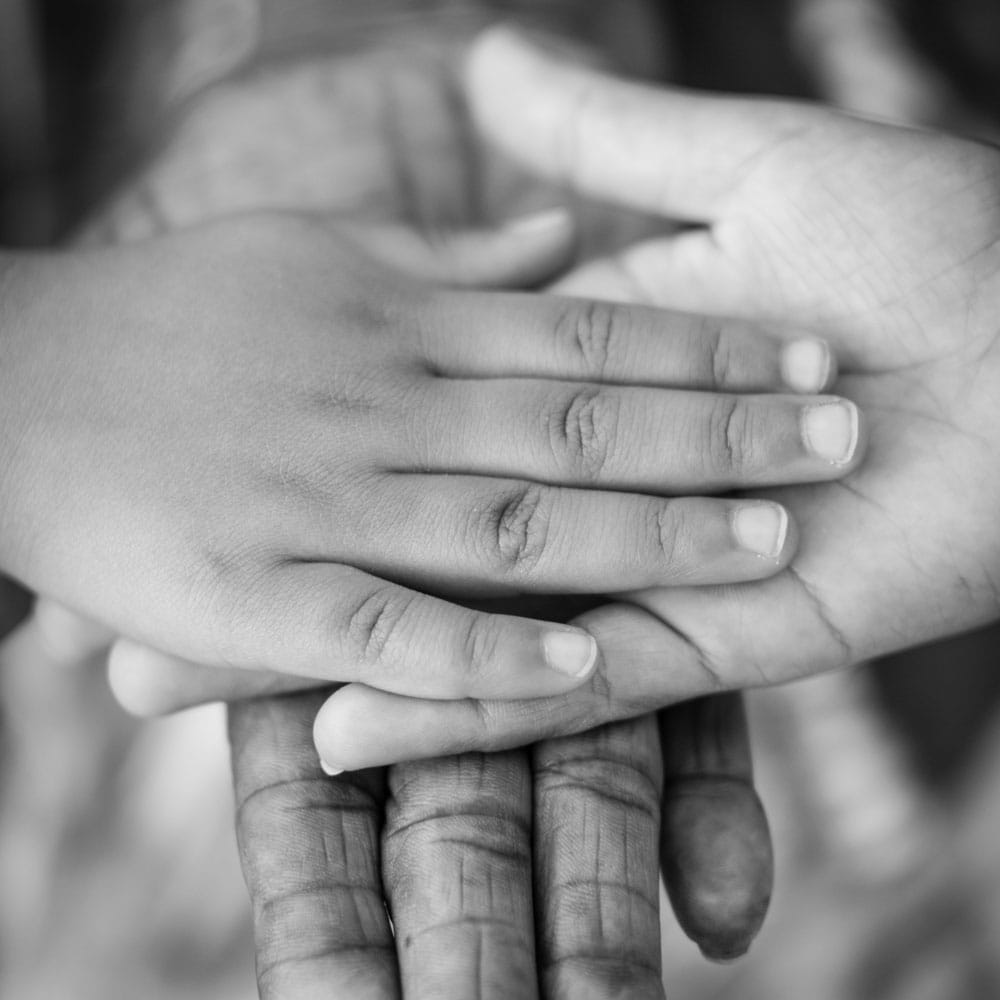On Help and Failure

I thought I’d reach back to a post from 2014 that I was reminded of today. This post explores how our desire to help one another can often get in the way of allowing others to both help themselves and connect with a vital part of learning: failure.
Helping by guaranteeing success
I’ve recently become more aware of a “helpful” person in my classes at Academie Duello. This person is so helpful that they want to make sure that their partner never fails, never feels bad, and is successful in all that they do.
One place I see this person in action is in target drills. In these drills one partner presents the palm of their hand as a target, the other strikes the hand with thrusts. There are many variations for the drill: the target can be at different distances, at different places, available in different moments, or be in motion. Regardless of the drill, this person helps out in a number of interesting ways:
- When the target is set at different distances, I often spot the helpful person pushing their target hand forward to help their partner cover the inch that they fell short.
- When the target is only available for a moment, I see the helpful partner leaving it open just a little longer so the attack can get there.
- When the target is in motion, the helpful partner often makes sure that the motion puts the hand in the path of their partner’s sword, however inaccurate that path may be.
Later on in class this helpful person may let their sword move offline when their partner fails to successfully control it. They may miss intentionally when their partner doesn’t parry. They may offer their chest extra boldly when their partner isn’t quite close enough to be able to strike it. This helpful person makes sure everything goes right.
What a helpful person. Yet in all these cases, this help isn’t help at all, it’s hurt.
Hurting more than helping
It’s hurting the partner’s capacity to truly know how to do something right, to fully know when they’re doing it wrong, and most hurtful of all, they’re robbing their partner of the opportunity to get cozy with failure, the heart of all learning.
It’s easy for anyone to fall into this mindset: to try to protect their training partners from not doing well. We want them to feel good about their training time. To feel that this is something they can do. As an instructor, sometimes I find my partners helping me to succeed at a drill because they are perhaps guarding an image they have of me as being flawless. If I didn’t hit the target, *they* must have done something wrong, not me.
Help by being consistent
Next time you’re across from someone in a drill or exercise, remember that your partner is here to learn, and they want their good feelings to come through facing and meeting challenges in an honest way. In your small part, for this time, you’re their guide and instructor on this journey. The best thing that you can do is to offer them a consistent and objective challenge. You’re not there to foil them or be chaotic. You are there to give them a challenge that can be understood, and then met.
Every time they fall short of a target, they learn their true reach. Every time they take too long to catch an opportunity, they learn about being more efficient. Every time they miss, they are challenged to be more accurate. Like in a scientific test, there is often much more to be learned from failure, than success.
A good training partner doesn’t help their partner score points in a drill, they help guide them into useful failures.
Enjoy your training!
Devon





Responses